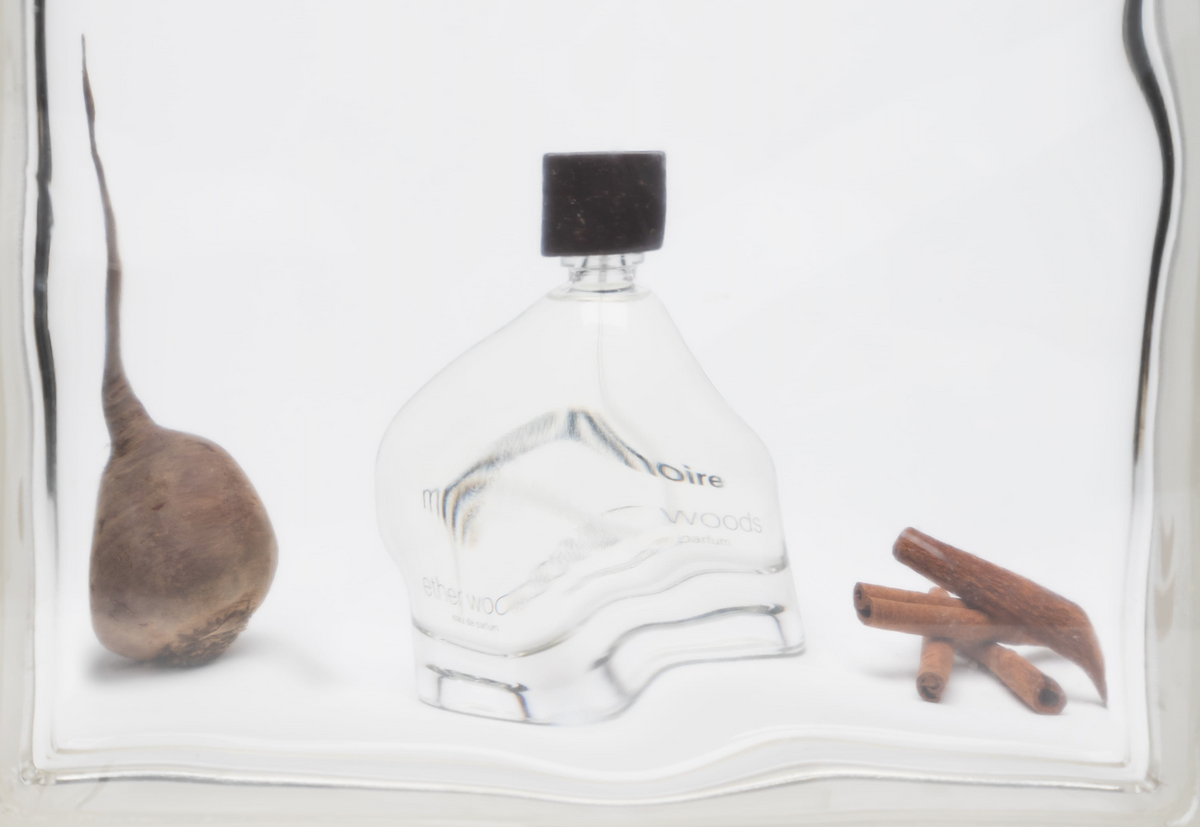
Why can’t I smell my perfume? Olfactory fatigue explained
|
Time to read 3 min
|
Time to read 3 min
People usually wear their fragrance leaving the house, however, sometimes the smell seems to disappear. Leaving you to wonder, why can’t I smell my own perfume? The phenomenon of not sensing your own perfume is actually normal. It’s due to olfactory adaptation (sometimes called nose blindness).
Your brain filters out constant, familiar smells so it can focus on new or important ones. In other words, once your perfume is no longer a surprise, your nose treats it as background noise. Rest assured, the scent is still there (and others can smell it); you simply stop noticing it yourself because your receptors stop sending strong signals.
Our sense of smell evolved to detect dangers (like smoke or spoiled food), not to constantly remind us of what we already know. When you apply perfume repeatedly, olfactory fatigue sets in: the nerve cells in your nose gradually stop signalling that familiar fragrance to the brain (Seladi-Schulman, 2022). The real issue is continuous exposure, the neuron’s stops to send signals, so you essentially become nose-blind to that scent. This filtering prevents sensory overload: your brain ignores the steady perfume to better catch any new or important smells (Seladi-Schulman, 2022).
Importantly, nose-blindness is not the same as anosmia (a medical loss of smell), or due to covid. It’s just a temporary tuning out of a known scent. If someone says, “Your perfume must suit you, because you can’t smell it,” they’re partly right, it means you love it enough to wear it often! But science says the real reason is adaptation, not perfume magic (Seladi-Schulman, 2022).
Perfumes are built in layers of notes. The top notes (often citrus or light florals) are the most volatile and fade first. For example, lemon or bergamot gives an immediate burst but evaporates within minutes. Explore our bergamot fragrance here. After that, middle and base notes (like woods, musk, amber) come forward and linger. This means if you’re wearing a bright citrus scent, its initial zing will go quickly, reinforcing the feeling that vanished (when really it transformed into its deeper base) (Beautinow, 2023). In short, the chemistry of fragrance, light, quick top notes versus long-lasting base notes, also plays a role in why your nose stops noticing the scent after a while, and that's where olfactory fatigue comes in (Beautinow, 2023).
Luckily, you can use a few tricks so you can avoid olfactory fatigue and enjoy your favorite perfume longer:
Rotate your scents: Using the same fragrance every day invites faster adaptation. Try alternating between more perfumes, there are so many, why restrain to one. I get the appeal to having a signature scent but what is the point if you can’t smell it anymore. At mmoire we say, you are complex individuals, you deserve more than one signature scent.
Indeed, changing your scent every few days keeps your olfactory receptors alert. We recommends expanding your fragrance wardrobe to explore different families, so each scent feels fresh when you wear it, additionally, your perfumes will last longer if you don’t use them daily.
Layer and moisturise: Apply an unscented lotion or oil first, hydrated skin holds fragrance better. Then spritz your perfume. You can also layer scents: add a complementary note to refresh the experience. For instance, Mmoire’s Sur Arize has a sunny bergamot top note; try layering a touch of pure citrus or neroli on top to amplify bergamot’s sparkle. This allows nose encounters something slightly new each time, delaying adaptation. If you wish for an in depth tutorial on how to layer our fragrances we got you!
Ask for a second opinion: If you’re unsure whether your scent is still noticeable, better have a friend tell you than overspray just to make sure. Indeed, often others can smell you even when you can’t. By spraying an extra layer, you risk wearing too much resulting in an undesirable smell. Remember: even if you’re nose-blind, your perfume still projects in the air and on your clothes. An article is coming soon and how to wear your perfume, make sure you dont' miss it.
In the end, not smelling your own perfume is simply how our senses are wired. It can even be taken as a compliment: your chosen scent has become part of you! But by rotating your collection, trying layering tricks, and remembering to give your nose a break, you’ll continue to fully enjoy those beautiful fragrances, just as we intended.
References:
Seladi-Schulman, J. (2022). Nose blindness, olfactory fatigue: What does it mean? Healthline. https://www.healthline.com/health/nose-blindness
Beautinow. (2023). Why you can’t smell your own perfume anymore. Beautinow. https://beautinow.com/blogs/journal/why-you-cant-smell-your-own-perfume-anymore
Discover our other motherhood stories here
Your cart is currently empty.
Continue shoppingTax included and shipping calculated at checkout




